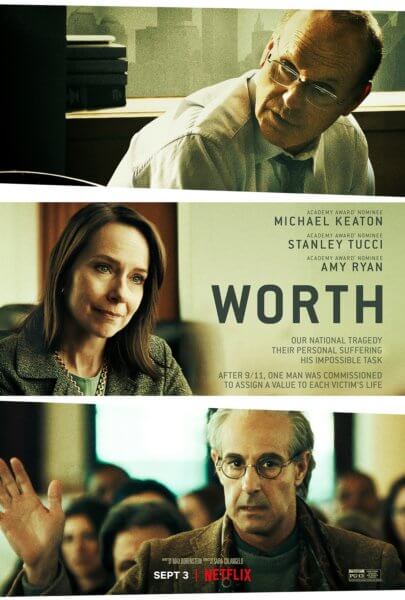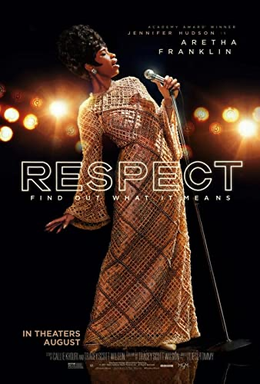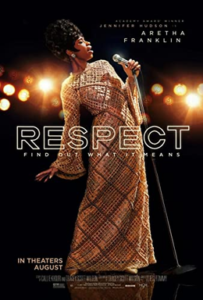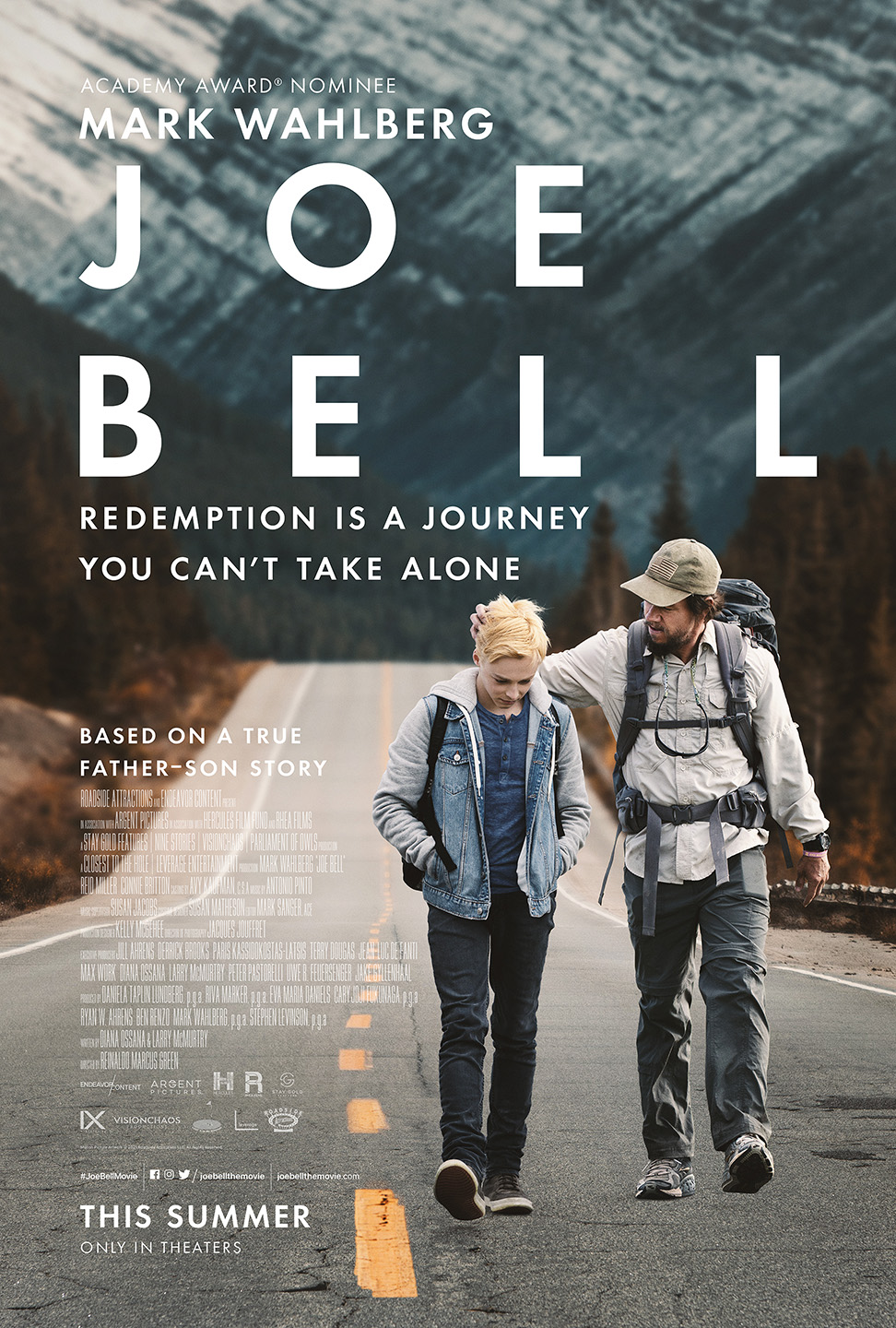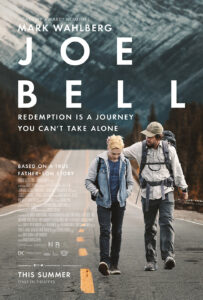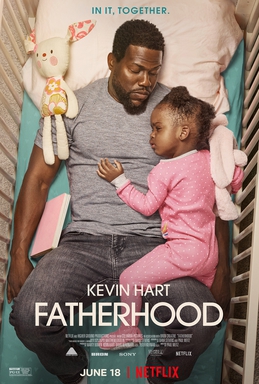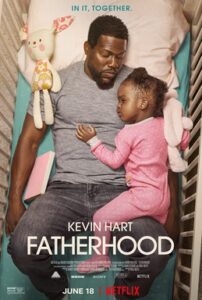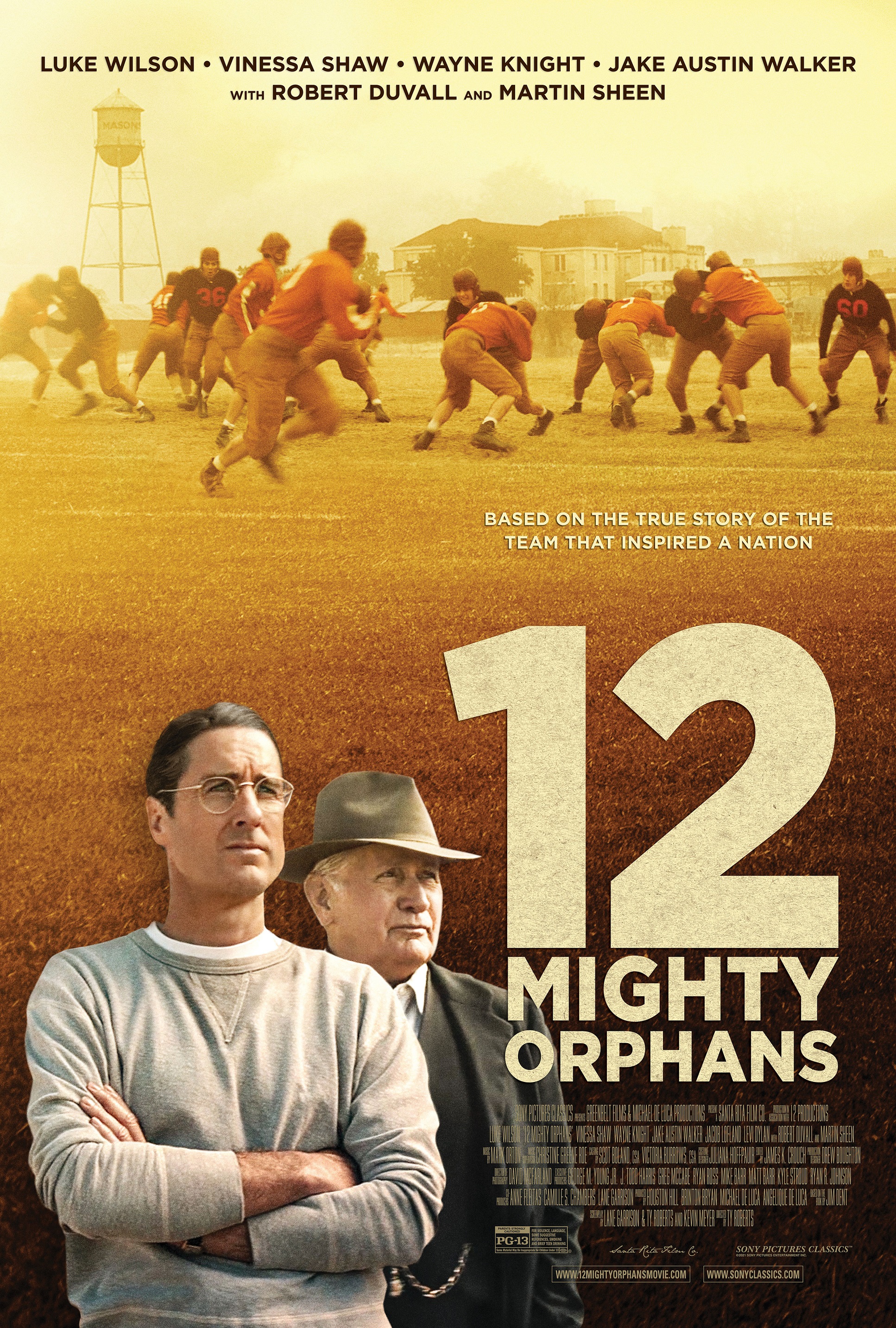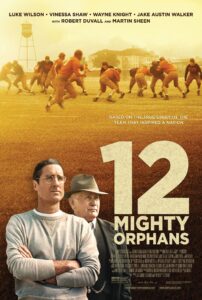Worth
Posted on September 2, 2021 at 10:00 am
B +| Lowest Recommended Age: | High School |
| MPAA Rating: | Rated PG-13 for some strong language and thematic elements |
| Profanity: | Some strong language |
| Alcohol/ Drugs: | None |
| Violence/ Scariness: | Terrorist attack, tragic loss of life and injury, tense and emotional confrontations |
| Diversity Issues: | Class issues are a theme in the movie |
| Date Released to Theaters: | August 27, 2021 |
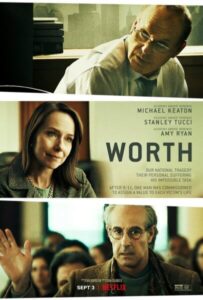
Lawyer Ken Feinberg has made the job of assigning monetary value to human life his career. He comes into the most traumatic and tragic cases of incalculable loss, Agent Orange, asbestos, the financial meltdown, and tries to decide how much money to pay to compensate the injured and the survivors. Twenty years ago, it was Feinberg and his colleague Camille Biros who were called upon to determine how much money would be paid by the taxpayers to the families of those killed or injured on 9/11. Feinberg’s book about these cases has been turned into a film, with Michael Keaton as Feinberg, Amy Ryan as Biros, and Stanley Tucci as Charles G. Wolf, who challenged the original settlement proposal.
The film takes some dramatic license with the real story but it is all in service of making the abstract issues real, concrete, and meaningful, as well as protecting the privacy of some of the people involved. We first see Feinberg as a man of integrity and culture (he really loves opera, but not the new-fangled stuff), a bit formal and old-fashioned. He does not use a computer and he dictates a note to one of his children, emphasizing the importance of being on time, that until the “love, Dad” signature could be a letter to opposing counsel. But he skillfully negotiates himself into the position of Special Master with three disarming points. He foregoes any payment. He mentions that no one else wants the job. And he points out that if he fails, the Republicans can blame him for being a Democrat.
The dollar amount is not intended to compensate the families for their grief or for their loss. There is not enough money in the world to do that, and no way to value one individual more than another. It is based only on the value (“present value” in economic terms) of their future earnings. On that basis, a clerical worker’s family would get less than a stockbroker’s family.
Most of the survivors understand that. But Fienberg and Biros learn that for these shocked, grieving families, being heard is as important as being paid. And they learn that an algorithm based on the age and earning potential of the person who died and the applicable lows of inheritance may reach a result that does not meet anyone’s standards for fairness. Broadway star Laura Benanti makes an indelible impression as the widow of a fire fighter who went back into the building because he wanted to save people. Ryan is brilliant as always in a role of quiet power. She can say more by listening than many actors can by talking. And Keaton, who has constantly surprised us with his range, gives one of his best performances.
The eternal conundrum of the law is finding a balance between the fairness of a clear, consistent rule and the fairness of individual, discretionary judgment. This movie illustrates that wrenching dilemma in the most compelling terms, with much of the focus on the shell-shocked survivors whose grief is only eased by being given a chance to talk about them, to make sure that the people they loved for their very individual characteristics is not seen by those in charge of estimating the value of their lives see them as more than data points to plug into a formula. Money to pay the bills provides some comfort. But being heard provides solace, and this film is as much a tribute to those we lost as to those who tried to give them some small element of restorative justice.
Parents should know that this film includes very sad stories from the families and survivors of a terrorist attack and some footage of the aftermath. There is some strong language.
Family discussion: Who should decide what a life is worth? What was wrong with the way Ken Feinberg conducted the original meeting? Is it possible to create just rules that allow for all legitimate exceptions? Were the fund’s payments “fair?”
If you like this, try: Feinberg’s book and movies like “Metal of Honor” and “United 93” and read articles like this one and this one.

